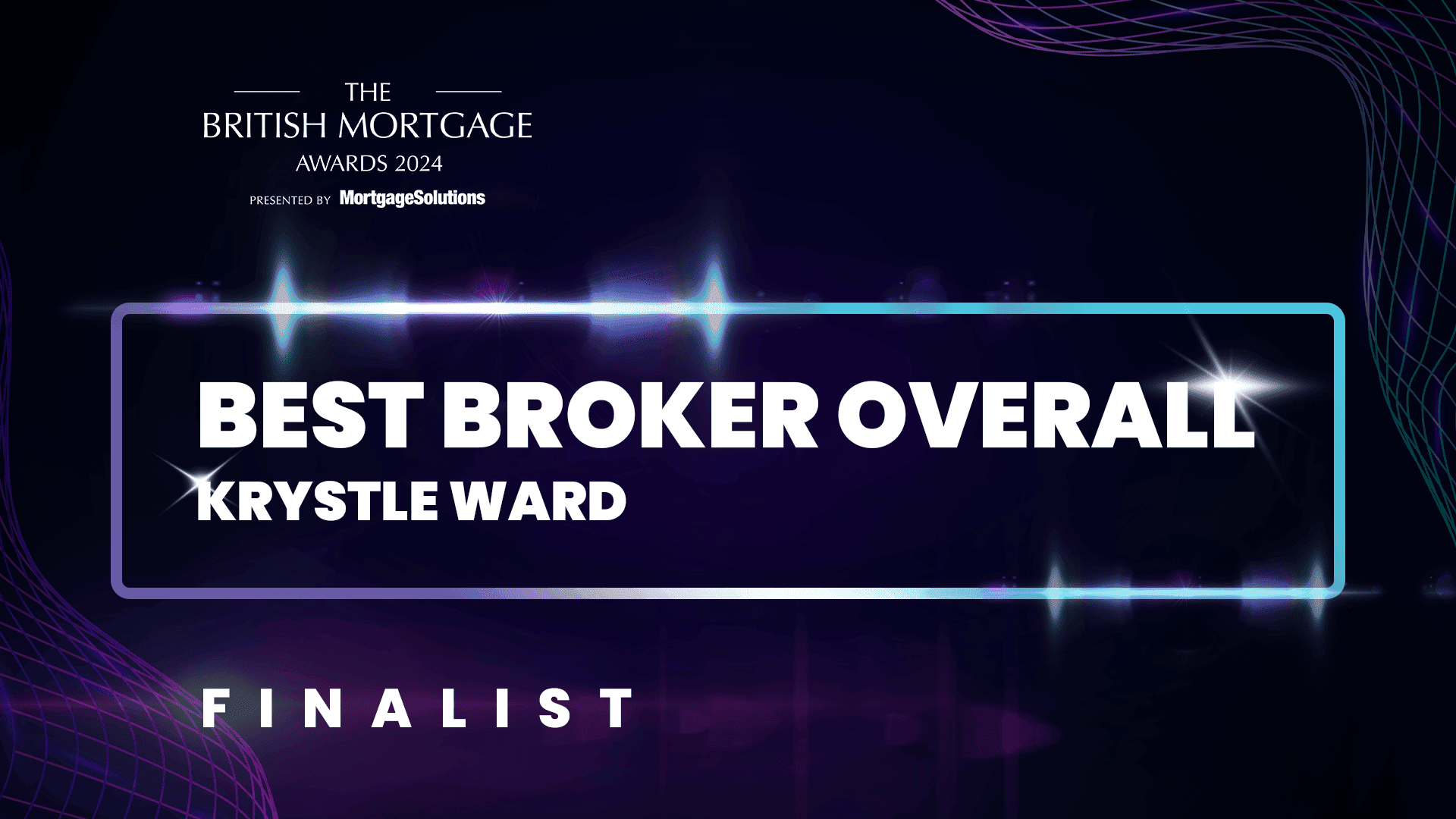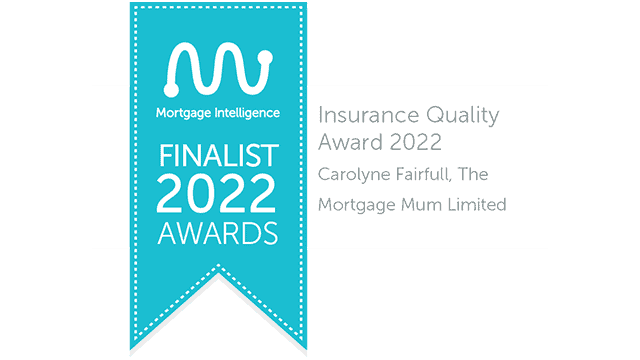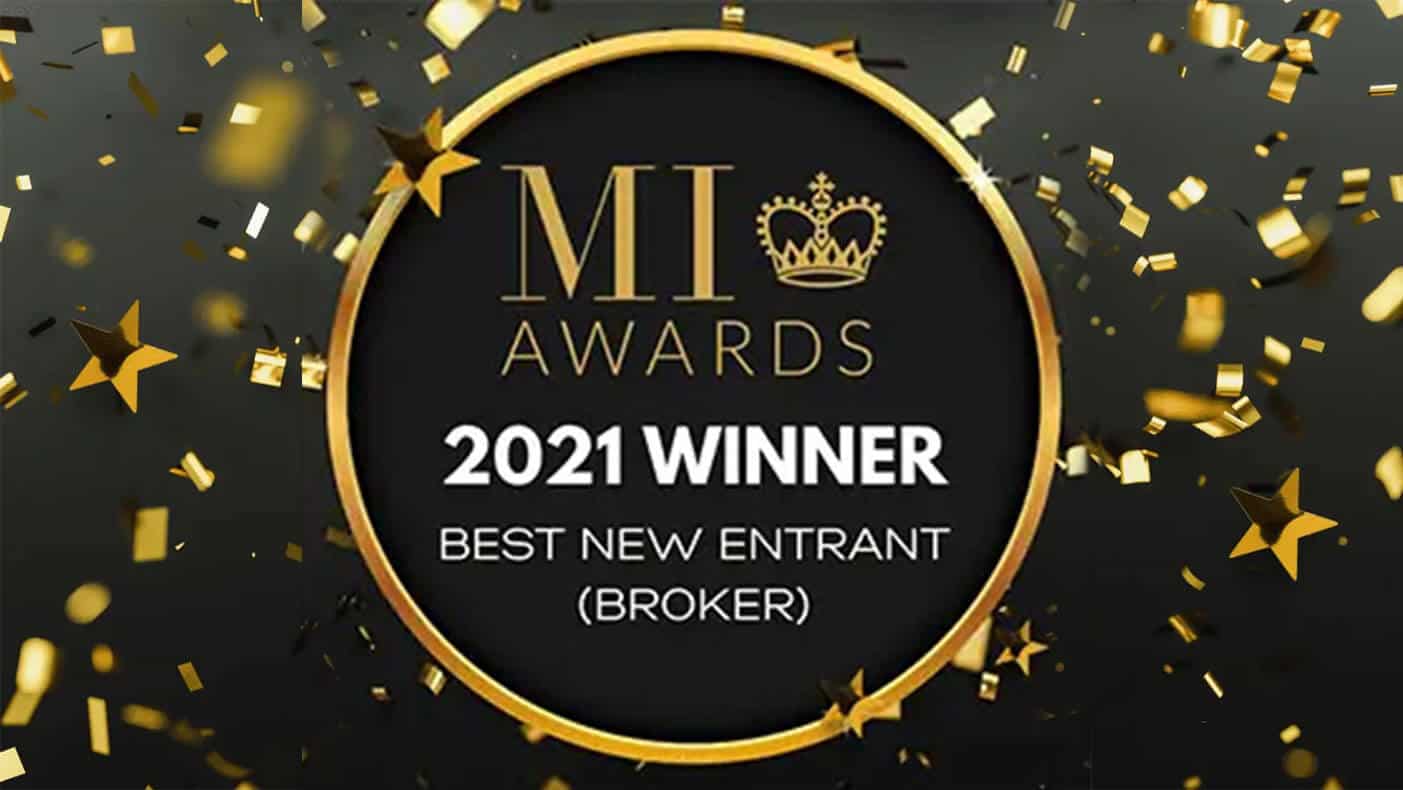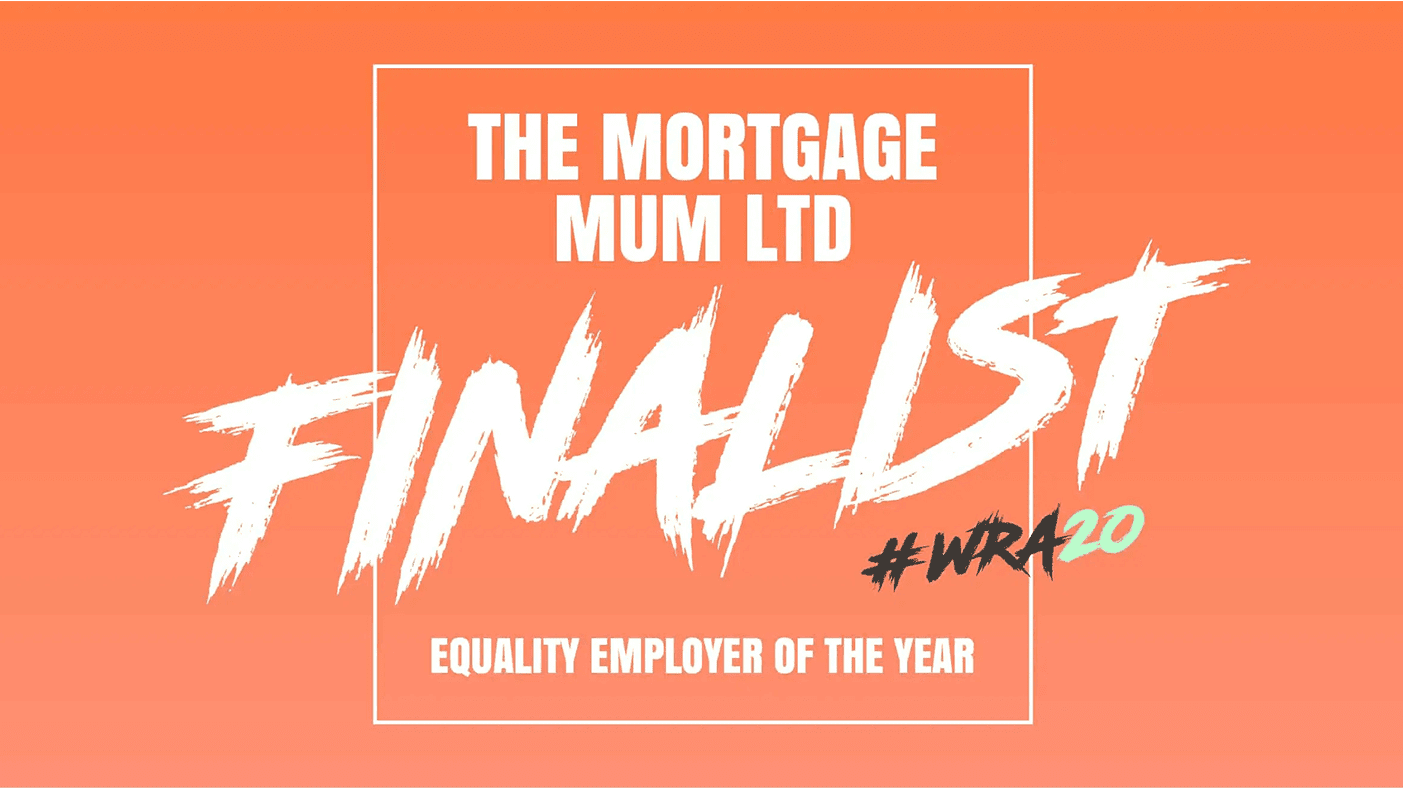Equity Release
Your Specialists for Later Life Lending Advice.
Get in touch today to discuss the most suitable mortgage option for you.

Get in Touch
Equity Release How Does It Work
Equity Release is a way for homeowners over the age of 55 to access the equity (the value) in their home without having to sell up and move out. Instead, you can release some of the equity you have built up in your property and use it as a lump sum or in smaller amounts as and when you need it.
There are two main types of Equity Release in the UK – a lifetime mortgage and a home reversion plan. With a lifetime mortgage, you take out a loan secured against your property which is repaid when the property is sold after you pass away or move into long-term care. With a home reversion plan, you sell a share of your property to a provider in exchange for a tax-free lump sum or regular payments.
It’s important to note that Equity Release will reduce the value of your estate and may affect your entitlement to means-tested benefits. It’s also important to seek independent financial advice to make sure that it’s the right choice for you and to understand the potential impact on your finances and your beneficiaries.
So, if you’re looking to unlock the value in your home and boost your retirement income, Equity Release could be an option worth exploring. But, make sure you do your research and get expert advice before making any decisions.
Alternative to Equity Release
If you’re looking for alternative options to Equity Release, there are several options to consider, depending on your financial situation and goals. Some common alternatives include:
- Remortgaging: If you have a low mortgage rate, remortgaging could be an option to access equity in your home and potentially lower your monthly payments.
- Downsizing: If you’re looking to release equity from your property, downsizing to a smaller property could be a good option. This would allow you to access the equity you have built up in your current property and reduce your living expenses.
- Personal loan or secured loan: If you have a good credit score, you may be able to take out a personal loan or secured loan using your property as collateral. This could give you access to a lump sum of cash without having to sell your property.
- Selling assets: If you have assets such as investments, shares, or collectibles, you may be able to sell these to access cash.
- Government schemes: If you’re retired and on a low income, you may be eligible for financial support from the government, such as Pension Credit.
It’s important to consider the potential impact on your finances and your future before making any decisions. Seeking independent financial advice can help you understand your options and choose the best path forward for you.
So, whether you’re looking to supplement your income, pay off debts, or make home improvements, there are alternative options available to Equity Release. Do your research, get expert advice, and make an informed decision that’s right for you.
Equity Release for Under 55’s
Equity Release is not typically an option for those under the age of 55. This is because Equity Release is designed to provide retirement income for those who have already reached a certain age and may have limited options for supplementing their income.
However, if you’re under 55 and in need of financial support, there are other options available. You may consider a traditional mortgage, remortgaging, or accessing other forms of lending such as a personal loan or secured loan. You could also consider downsizing your property or releasing equity through a sale.
It’s important to remember that every financial situation is unique, and it’s always a good idea to seek independent financial advice to understand the best options available to you and the potential impact on your finances.
So, if you’re under 55 and looking for financial support, there are options available, but Equity Release may not be one of them. As always, make sure to do your research and get expert advice before making any decisions.
Equity Release on Buy-to-Let
If you own a buy-to-let property and are considering Equity Release, there are a few things to keep in mind.
Equity Release is typically only available for owner-occupied properties, not for buy-to-let or investment properties. This is because the purpose of Equity Release is to provide retirement income for homeowners who may have limited options for supplementing their income.
However, there are alternative options available for releasing equity from a buy-to-let property, such as remortgaging, selling a portion of the property, or taking out a traditional loan or secured loan using the property as collateral.
It’s important to consider the potential impact on your buy-to-let business and your financial situation as a whole before making any decisions. This may include the effect on your rental income, tax implications, and the value of your property.
So, if you’re looking to release equity from a buy-to-let property, it’s worth exploring your options and seeking independent financial advice to understand the best path forward for you. Remember, as with any financial decision, it’s important to do your research and understand the potential impact on your finances before making any decisions.
Equity Release to Buy Another Property
Using Equity Release to buy another property can be a complex decision and may not be suitable for everyone.
Equity Release involves releasing equity from your current property and using it to supplement your income or meet other financial goals. If you’re considering using Equity Release to buy another property, it’s important to consider the potential impact on your financial situation and the long-term implications.
For example, releasing equity from your current property will reduce the value of your estate and may affect your entitlement to means-tested benefits. It’s also important to consider the cost of the Equity Release, as well as any additional costs associated with buying another property, such as stamp duty and legal fees.
Additionally, it’s important to consider the impact on your long-term financial security and the future of your beneficiaries. Equity Release is a long-term financial commitment, and it’s important to understand the potential impact on your finances and your ability to meet your future needs.
So, if you’re considering using Equity Release to buy another property, it’s important to seek independent financial advice and consider the long-term implications before making a decision. Remember, as with any financial decision, it’s important to do your research and understand the potential impact on your finances before making a decision.
Here's how we can help you
Meet our later life lending team

Krystle Ward

Manjit Kaur

Sue Hems
Mortgage Broker and Equity Release Advisor

Krystle Ward






















































